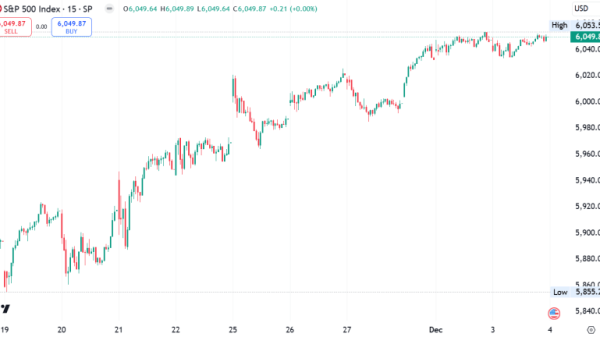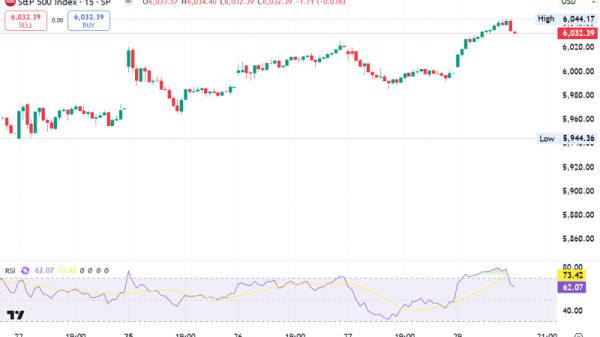Investing.com — The question of whether inflation is a long-term issue is complex, with various economic, political, and social factors playing a role.
As per Paul Donovan, Chief Economist at UBS, inflation can indeed be controlled in the long term, but it depends heavily on societal willingness to bear the costs associated with stabilizing prices.
These costs are influenced by structural forces that, while they may increase inflation pressures, are often countered by equally powerful disinflationary forces.
Donovan identifies five key areas that could impact long-term inflation: global trade, aging populations, technological advancement, government debt, and decarbonization efforts.
Each of these factors can drive prices up or down, depending on how economies adapt to them.
For instance, while deglobalization can lead to higher costs by disrupting efficient supply chains, localization and technological advancements in production could offset these inflationary pressures by enhancing efficiency and reducing waste.
Aging populations present a nuanced picture. The belief that an older population increases inflation by reducing the labor force does not hold up well in practice, according to Donovan.
Many people continue to work past traditional retirement age, contributing to the economy and mitigating inflationary risks.
Furthermore, as older demographics typically favor low inflation to protect their savings, they may support policies that maintain price stability, fostering a deflationary environment over time.
Technological progress, while generally disinflationary due to increased efficiency, can cause fluctuations within certain sectors. For example, new technology may drive up demand for specific resources or labor skills, creating temporary price increases in those areas. However, the broader impact of technology, such as automation, tends to reduce costs across industries, making inflation control more manageable in the long run.
Regarding government debt, Donovan argues that inflation is not an effective tool for reducing long-term debt.
While some may think inflation erodes debt by increasing nominal GDP, this effect is usually negated by the bond market demanding higher interest rates in response to inflationary expectations.
Consequently, rather than easing debt burdens, inflation often increases the cost of debt servicing, further straining public finances.
Decarbonization, while initially raising energy costs as economies transition from fossil fuels to renewable sources, ultimately supports a deflationary trend.
Renewable energy sources, once established, are typically low-cost and can reduce inflationary pressures in the long term.
The impact of this shift will largely depend on how governments handle the capital costs of transitioning to green energy, with subsidies and regulatory policies playing a crucial role in determining the inflationary outcome.




































